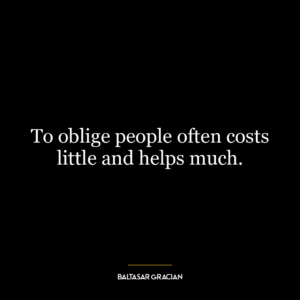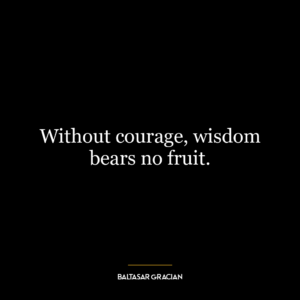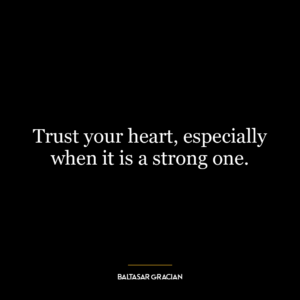He that communicates his secret to another makes himself that other’s slave.
This quote implies that by revealing our secrets to others, we place ourselves in a vulnerable position where the other person now holds power over us. Our secrets are often sensitive or private aspects of our lives that we prefer to keep hidden. Once they are shared, the person who knows our secret has the potential to use it against us, making us, in a sense, their ‘slave’. We become beholden to them, constantly in fear of the secret being revealed.
In the context of personal development, this quote can serve as a cautionary reminder about the importance of discretion and trust. It is crucial to be selective about who we confide in and what information we share. Sharing secrets with someone can deepen bonds of trust and friendship, but it can also create an imbalance of power if not done wisely.
In today’s world, this idea is particularly relevant with the rise of social media and digital communication. People often share intimate details of their lives online, sometimes with strangers. This practice can make them vulnerable to manipulation, blackmail, or public shaming if their secrets fall into the wrong hands.
Moreover, in a professional context, sharing trade secrets or confidential information can lead to severe consequences. In the world of politics, diplomacy, or corporate espionage, the person who holds the secret has the power. Therefore, it’s essential to maintain discretion to avoid becoming ‘enslaved’ by another person’s knowledge of your secrets.
In conclusion, the quote can be seen as a wisdom about maintaining personal boundaries and being mindful of the potential power dynamics that can arise from sharing our secrets. It encourages us to be thoughtful about who we trust and how much of ourselves we reveal to others.













